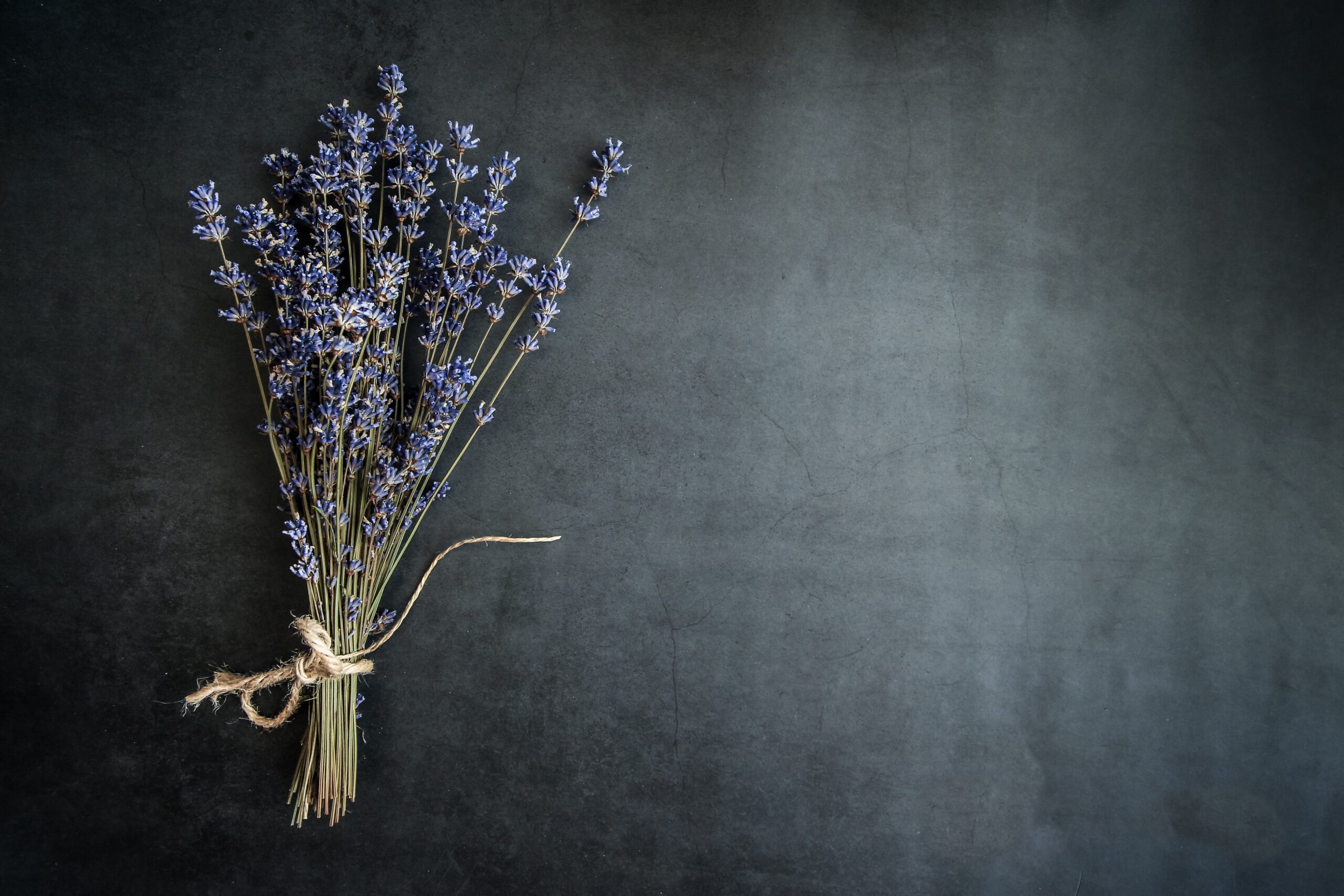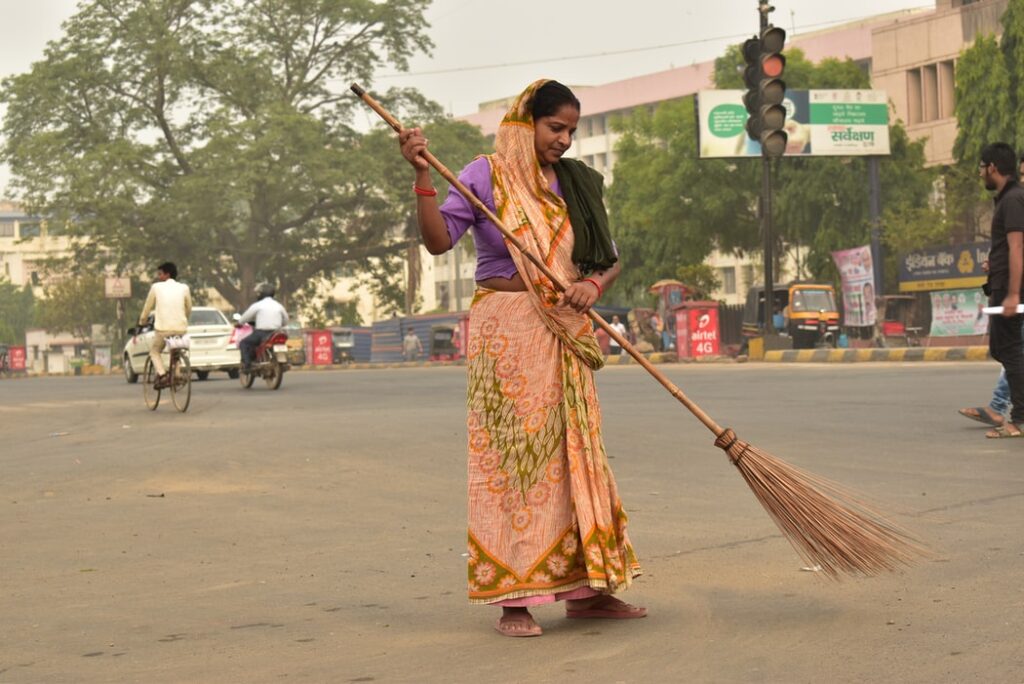
Laying bare the hidden patriarchy in modern society
He is born, she is born. There`s rejoicing in both families. His family distributes pedhas, her`s barfi. Both are loved, cherished, encouraged to spread their wings. Both go to the same school, score similar marks throughout, pass the same entrance exams and join the same professional course. She is selected to pursue residency in a more challenging branch but facing some familial opposition picks a `lighter` branch instead while he continues unhampered. So far, not so rosy.

After some parental pressure, she agrees to join him in holy matrimony and in the blink of an eye or rather in the tightening of a knot, the world as she knew it changes! Now, she wakes up early and makes the breakfast while he lounges with the newspaper (he was late the night before because of an emergency, you see) she gets the tiffins ready while hustling the kid along, whom he drops off to school with a long -suffering air if he has no emergency. While she`s in an important consultation, she fields a call on a PTA session, cancels an overseas conference invitation because it clashes with the kid`s exams, and heads home early cancelling a shopping trip with a friend as she has to get dinner ready. After dinner, she clears the plates and puts on a load of washing before checking the kid`s project. In the meantime, he has come home after having a drink with a colleague and settled at the dinner table where he pulls a face because the vegetables are not to his liking. He then makes himself scarce in the study because he has an important presentation the next day on which his promotion hinges, while she puts the kid to bed and preps for the next day, entirely forgetting to go through the reports which her junior mailed her.
And so it continues, with his rapid progress up the career ladder until she can no longer keep pace and she resigns her job for not being able to undergo institutional quarantine during the Corona pandemic. `Good riddance`, he says, `I earn enough for both of us anyways. You can now devote more time to home and hearth while I bring in the bacon`. And so ends another chapter in the book of `The Great Indian Inequality`, with her taking the mandatory step back for the wellbeing of her family, rueful about the long hours she spent poring over tomes to ace her exams, biting back the bitter remarks when anyone, from friends to family preen and compliment HER on HIS success and on how she`s the perfect foil to complement him, on how he owes his success to her sacrifices and what an asset she is in caring for his parents, many a time at the cost of her own, wishing that she had not been born into an emancipated family only to marry into a patriarchal orthodox one.
People think that their platitudes will fill the job shaped hole in her heart and the kitchen will replace the void created by her laboratory. And so, a pathologist conducts her own post-mortem. What irony for a country which advocates `Beti Bachao Beti Padhao.`
THE GENESIS

Inequality amongst the sexes is not new to the Indian milieu. While recent historical evidences point to ancient India being more egalitarian, the advent of agrarian society changed all the rules creating shackles for women which they have been struggling against for millenia. While quite a few regions of the country like Meghalaya, Assam, Kerala and a few regions of Karnataka boast a matriarchal society, by and large patriarchy still dominates huge swathes, especially in the hinterlands. Under the guise of protection, women have been systematically alienated from politics, economics, sociology and education. With male bonding coming to the forefront, most rules governing society were made by the male for the male. What is strange is that while we chose to break off genetically from the chimpanzees millions of years ago, we still choose to ape the ape when it comes to our societal structure. The inroads which patriarchy have made into our psyche are so deep that we choose to normalize or ignore them rather than looking them in the face and acknowledging them for the problems that they pose to the physical and mental health of half of the population of the country.
PATRIARCHY IN TODAY`S WORLD
The Indian constitution is revolutionary in the fact that it guarantees Universal adult franchise, thus eliminating the need for a suffragette movement, but this has not created the equality that it was meant to. Centuries of conditioning have ensured that women are only now emerging into the light of day as far as education, legal rights and economic rights are concerned.
While it is now `Trending on Twitter` to support feminism and female equality, ways and means of hobbling women in the most innocuous of ways still remain hidden in plain sight. It maybe the conditioning in early childhood where most people attending a little girl`s birthday party tend to gift her dolls, miniature kitchen sets or frilly things in pink or that older girls are often admonished for sitting, eating or laughing in what does not conform to ladylike ways in society. Schools, whether pedestrian or elite generally do not have cricket or football teams for girls or if they do, they hardly play the kind of matches that boys play. Any woman who is prone to stick to her opinions and challenges societal norms be they about clothes, food, customs or traditions is viewed as `forward` and not in the right sense.
While more and more women are breaking the glass ceilings to take up challenging careers, they are so few and far between as compared to their male counterparts that they often warrant headlines in dailies as seen in the case of B. Sirisha and V. Bharathi who filed and won a case against the Telangana electricity board to become the first `linemen ` in the country!
Nowhere else in the world is the image of women as the `Magna Maters`, the great nurturers as popular as India! No matter what the lady maybe capable of achieving, if she can`t turn out perfectly round rotis, she is looked at with a prejudiced eye, however slight. They are expected to pick up the slack from the word go when it comes to the `Great Indian Sansar` or family life. And being the natural caregivers that they are, they do bend over backwards to do it all, often taking personal responsibility for circumstances beyond their control ranging from the mundane like a few dishes sitting unwashed in the sink to the extraordinary like a downturn in the family business. Another sad fact which needs to be acknowledged is that most often than not, it is other women who stand to gain in the patriarchal hierarchy who perpetuate these injustices so as to safeguard their own position within the family structure ingratiating themselves with the males rather than bonding with their own ilk by dint of soft sighs and rolling eyes whenever another woman puts a foot wrong. With the want it all trend, women are under more pressure than ever, to manage superhuman tasks, while looking like dewy roses with not a hair out of place at all times.
It is ironic to know that even in emancipated western countries, women are paid less for the same work as their male counterparts, with a recent American study revealing that women were paid only seventy five cents for every dollar earned by the men. The picture is especially grim in countries like India where women work in far more menial tasks at construction sites, as household helps or in sweat shops where they earn less despite working longer hours. Another glaring example is the Indian film industry where the so called `Queens of the Heart` are paid a fraction of what the `Badshahs` receive, for films promoting women empowerment! In many families, women hardly have a right to what they earn, with a male member of the family taking over either the investment or spending of the monies.
….THE ROAD AHEAD

Although a journey of a thousand miles begins with a single step, we have miles and miles to go before we gain any semblance of equality between the sexes. Yes, laws being enacted and landmark decisions like the recent one by the Supreme Court which ruled that the value of a homemaker`s contribution was the same as her husband`s in his office are definitely that step in the right direction, we still need to gain Herculean proportions to clean out the Augean Stable of inequality which has been festering in our society through the ages. It will be only when women are accorded equal rights from the cradle to the grave in the form of zero female feticides and infanticides and similar funeral rights granted to both bachelors and spinsters that we can proudly call ourselves a truly egalitarian society.
Until then, those of us who face the great Indian inequality on a daily basis can hope that the appeal the brilliant Malyalam movie,` The Great Indian Kitchen` had to our collective conscience is the beginning of our journey of a thousand miles where we can truly embrace the preamble of our constitution which guarantees equality, liberty and justice to all its citizens! It is high time that we call out the invisible enemy of inequality for what it is ….a mill stone around the neck which truly needs to be discarded so that Indian women can soar to reach their true altitude.

16 replies on “The Great Indian Inequality”
Dr. Sumedha, you have truly touched every nook of the society n have highlighted the fact that here again ends another chapter in the book ” The Great Indian Inequality”
Dr. Sumedha, you are truly amazing. I infact related myself in some situations. How nudly you have unfolded the reality.
Great work. Looking forward for more.
Congratulations on starting your new blog. All your articles are extremely well written and reflect the Indian psyche. Articulate as well as funny. Eagerly waiting for the next one 🙂
Doc…this one bowled me over completely. A topic which is steadily gaining the position of being hackneyed…we all think it but dare we say it (yet another Great Indian patriarchal mindset or should I say design?? :))….thanks for poking the open wound and shaking it up. The comparison with chimps cracked me up completely.
Very aptly written.
Congratulations!! Beautifully written Sumedha.
Could connect to your thoughts.
I appreciate many aspects of Indian culture but a woman here needs to be acknowledged for her selfless service.
But now females are gathering the courage to rise above the cultural norms. Things will change for the better.
Enjoyed reading your article. Sumedha.
All the best for the next one.
This was a great read. So many points made, aptly!
Absolutely true that the journey of a 1000 miles may have begun… we can only hope that it doesn’t terminate before the destination is reached…at least our daughters might reap the benefits of an egalitarian society…
Dear Sumedha, congratulations on your new blog! Enjoyed reading . Waiting for more to come. Wishing you all thr best.
Truly enjoyed every word you have written and could relate to a few, and very beautiful written . Though we all know it what inequality we are facing still hesitate to break the mould, but we are definitely better from our previous generations.
Hats off to you and best wishes. Looking forward to reading many more.
What a treat to all my senses as I feel every word you have penned here!
Best wishes dear Sumedha and looking forward for more
Sumedha you have brought out subtle subject of Indian women’s inequality very aptly.Appreciate your style of writing. Congratulations and my best wishes to you.
Very Aptly and Beautifully written Sumedha
It’s a very well written narrative about how things fan out in the society. We want women to do well , but we want our woman to be around the household too. A process which has persisted through the ages. But women are far superior considering the sacrifices they make. With time, new ideas and a level ground will emerge. I could connect well with the first part.. being a surgeon myself.. haha!
Good job Madam, keep writing….
Thanks for taking on this topic, you write for all of us. And so eloquently too!
So very well penned down Sumedha!
This page truly has all the information I wanted about this subject and didn’t know who to ask.